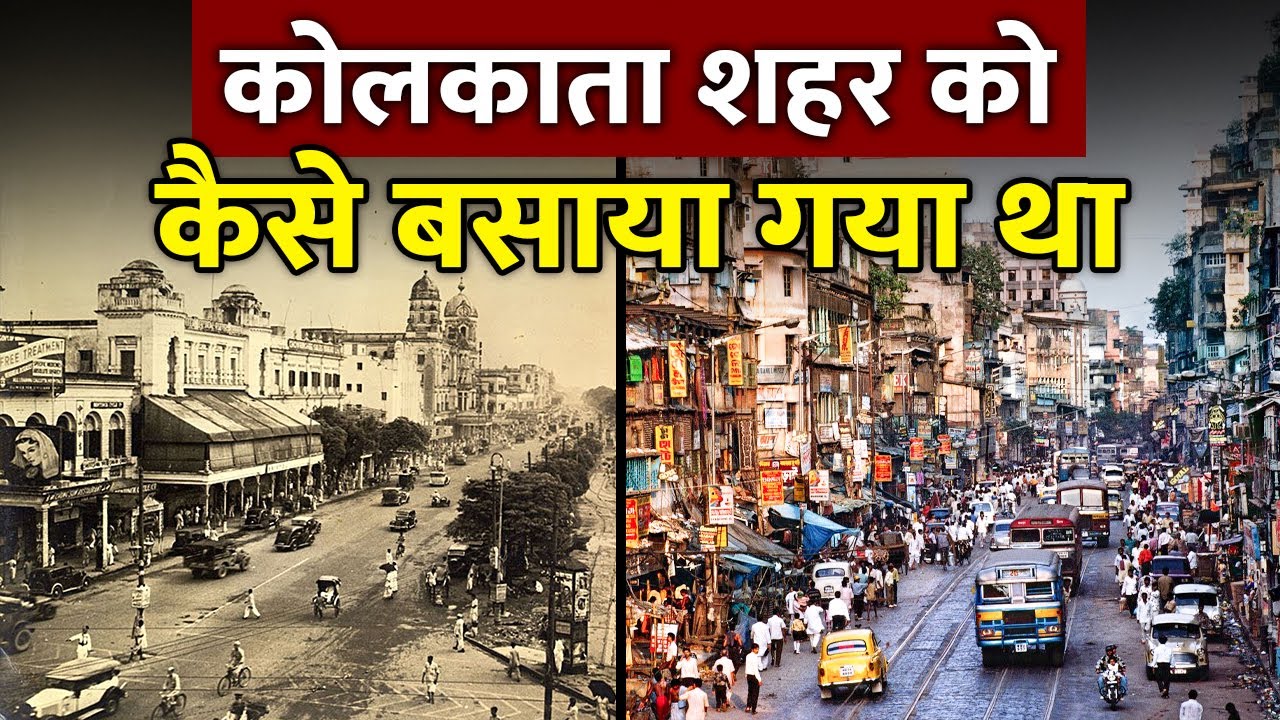WesternCiv105Ch18Lec10
Summary
TLDRThe video script delves into the historical British control of India, highlighting the transition from trade to political dominance by the East India Company and the subsequent colonial rule. It discusses the cultural impact of British presence in India, referencing classic literature and films that normalize this era. The script also touches on the Irish rebellion, the Haitian Revolution, and the complex racial dynamics influenced by Western ideologies. It emphasizes the evolving perspectives on race and culture, from initial exotic fascination to negative stereotypes, and the lasting impact of these historical events on contemporary society.
Takeaways
- 🌏 The video discusses the British colonial rule in India, highlighting the transition from trade to dominance and the lasting impact on Indian society.
- 🎥 Classic British films and literature often depict the British presence in India as natural, which can shape perceptions of colonial history.
- 📚 Rudyard Kipling's works, including 'The Jungle Book' and 'The White Man's Burden', reflect the colonial mindset and the era's racial theories.
- 🏛 The British exploitation of India, particularly the Bengal famine during World War II, is a dark chapter in the history of British-Indian relations.
- 🌱 The initial positive 'exotification' of Asian cultures by Europeans shifted to a more negative view as colonial dominance increased.
- 🏺 The Victorian era in Britain was marked by an 'exotic' fascination with non-Western art, fashion, and culture, evident in home decor and literature.
- 🏴 The Irish Rebellion is highlighted as an early example of resistance to British rule, with complex ties to Scottish and English involvement.
- 🗽 The Haitian Revolution is mentioned as a significant, though often overlooked, event that challenged societal norms and had far-reaching effects.
- 🌐 The script touches on the broader themes of European-Asian encounters, the evolution of racial theories, and their impact on self-perception and global politics.
- 📖 The lecture encourages further reading and exploration of these historical events and their ongoing relevance in modern global dynamics.
Q & A
What was the predominant religion in India during the time of British political control?
-India has always been predominantly Hindu, but during the time of British political control, it was ruled by the Mughals, who were Muslim.
How did the British presence in India influence popular culture and literature?
-The British presence in India was so pervasive that it became a common theme in classic movies and novels, such as 'The Secret Garden', 'Sherlock Holmes', and 'The Jungle Book' by Rudyard Kipling, which often took for granted the idea of the British being in India.
What is the significance of Rudyard Kipling's 'The White Man's Burden' in the context of British colonialism?
-Rudyard Kipling's 'The White Man's Burden' is a poem that celebrated the legacy of colonialism and the idea of the 'civilizing' mission of the British Empire, which was a justification for their control over people of color.
How did the British control over India lead to the Bengal Famine?
-The British took grain out of Bengal to feed their troops, which led to a famine where several million Bengalis died, highlighting the controversial legacy of British rule in India.
What was the status of Pakistan during the time of British control in India?
-Pakistan did not exist as a separate entity at the time of British control in India; it was a Muslim-majority area that was part of India.
How did the initial European encounters with Asia influence Western views on Asian cultures?
-Initially, there was an exotication of Asian cultures, with figures like Voltaire praising Chinese philosophy and Hinduism being seen in a positive light. However, as European dominance increased, these views began to shift to more negative perceptions.
What role did racial theories play in shaping the self-perception of Asian elites during the colonial era?
-Racial theories influenced Asian elites to see themselves in a hierarchy, with some, like the Japanese, believing they were a superior race due to Western literature that suggested they were more sophisticated compared to other Asians.
How did the Irish Rebellion reflect the complex relationship between the Celtic and Germanic peoples in the British Isles?
-The Irish Rebellion was part of a long-standing struggle between Celtic peoples, like the Irish, and the Germanic peoples, like the English, over control of the British Isles, reflecting a complicated history of invasions, integration, and nationalism.
What is the significance of the Haitian Revolution in the context of colonial resistance?
-The Haitian Revolution was a significant war for independence that resulted in the overthrow of the colonial society, unlike the American Revolution, which did not completely overturn societal structures. It stands as an example of successful resistance against colonial powers.
How did the legacy of Simón Bolívar influence modern Latin American resistance to foreign influence?
-Simón Bolívar, known as 'El Libertador', was a key figure in Latin America's fight for independence from Spanish rule. His legacy continues to inspire resistance to foreign dominance, as seen in figures like Hugo Chavez, who sought to reduce US influence in Latin America.
Outlines

This section is available to paid users only. Please upgrade to access this part.
Upgrade NowMindmap

This section is available to paid users only. Please upgrade to access this part.
Upgrade NowKeywords

This section is available to paid users only. Please upgrade to access this part.
Upgrade NowHighlights

This section is available to paid users only. Please upgrade to access this part.
Upgrade NowTranscripts

This section is available to paid users only. Please upgrade to access this part.
Upgrade NowBrowse More Related Video

Roots of the Empire Part 1 || 400 Years: Britain and India || Episode 2

The East India Company || 400 Years: Britain & India || Episode 1

Mengapa VOC Belanda Bisa Menjajah Nusantara? & Mengapa Akhirnya Runtuh?

Important Acts of India|| You Must know|| Static GK Series🌝

Perkembangan VOC di Indonesia Kolonialisme dan Imperialisme || Sejarah Indonesia Kelas 11 #2

3 गांवों को मिलाकर अंग्रेजों ने कैसे बसाया कोलकाता? | History Of Kolkata : Kolkata Ka Itihaas
5.0 / 5 (0 votes)